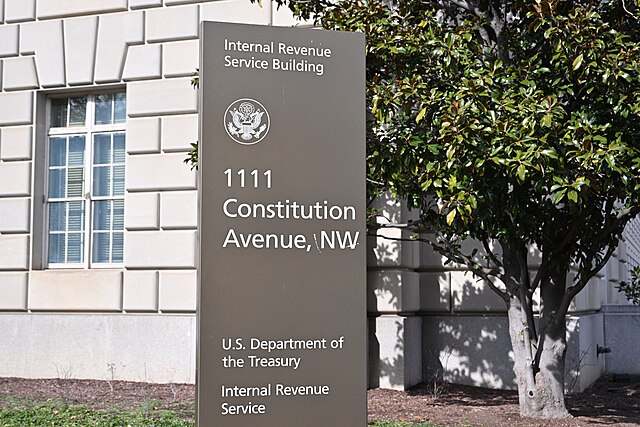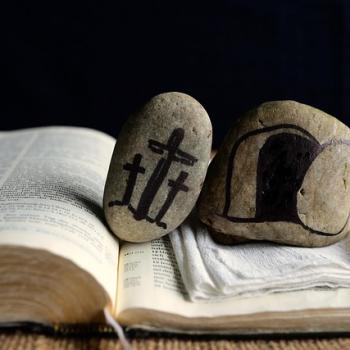
Creation of DOGE
On January 20, 2025, the first day of the second Trump presidency, an executive order signed by the newly inaugurated president created DOGE. Although its name contains the word “Department,” DOGE is not a federal executive branch which would require a congressional act to create. The entity instead serves as an advisory group.
The Eisenhower Executive Building in Washington, D.C. provides DOGE’s headquarters. None other than the world’s wealthiest person, Elon Musk, leads the advisory group. On February 12th DOGE’s website went live providing information on the work it was doing.

Reason For DOGE’s Existence
The DOG website states that its team members work to identify and eliminate waste, fraud, and abuse. The ultimate goal? Balancing the budget the site declares. President Trump tasked DOGE with reducing federal spending. He desires a modernized and efficient federal government.
To achieve that end, DOGE leader Elon Musk notes that paring federal government spending is “essential.” The concern about out-of-control government spending arises from the fact that US expenditures exceed tax revenues. The result of this imbalance? The federal deficit sits at an all time high of $36 trillion. A reduction in the number of federal employees is one way to cut spending. Accordingly, an IRS executive announced near the end of February that 6,000 employees, accounting for about 6% of its workforce, faced termination.

Godly Efficiency For Believers
The US government does not hold the monopoly on using the concept of eliminating waste, fraud, and abuse. Believers who set and meet such goals in their faith life become more aligned with God’s desire for them. Everything man has comes to him from God and belongs to God. Our heavenly father entrusted each individual with time, talents, and material wealth to steward for Him,
God will hold us accountable for the use of these resources. He gave them to us for the purpose of serving Him and serving others. But are we efficiently doing so? What are we wasting, abusing, or even doing fraudulently?
Godly Efficiency With Our Time
In Ephesians 3:15-16 Paul cautions the early believers to be careful how they lived. He wanted them to live wisely, making the most of every opportunity presented. Our time, a finite quantity, is particularly precious. Research shows the average person spends 70% of their time awake using digital media. Does any of that activity produce a positive impact for God’s Kingdom? If not, an overhaul for godly efficiency’s sake appears to be in order.
All talk and no action constitutes another waste of a believer’s time. Merely saying you will pray for someone but the not praying is useless. And it also might be considered fraud because the person making the statement holds himself out one way but then acts another. The same could be said about indicating you have a plan to doing something in the future, such as go on a mission trip or start volunteering in a ministry, but never following through. Such actions with our time need to be cut both literally and figuratively.

Godly Efficiency With Our Wealth
James 2:17-18 tells us faith without works is dead. And a connection exists between faith and works when it comes to money. The gospel impacts not only what we believe about money but also how we use it. In fact, during His ministry here on earth, Jesus taught about money and stewardship more than almost any other subject. Proportional and even sacrificial giving springs from a heart full of gratitude and worship.
The amount of money or assets given to further God’s kingdom is not the point. God simply cares whether believers make good use of what He gifted to them. A budget review could uncover a lack of good use of wealth. For example, does the amount of money we spend on entertainment regularly exceed what goes to God either directly (such as a tithe to the church) or indirectly (such as a donation to a missionary organization spreading the Good News)? If the answer is in the affirmative, some waste may be occurring.
Godly Efficiency With Talents
The Parable of the Talents illustrates the importance of using God’s gifts wisely. And those gifts include our natural abilities or talents. The English word “talent” actually derives from the biblical parable. Failure to put our God-given talents to use equates us with the third servant in the Parable of the Talents whose master found him wicked and lazy. In this context, being lazy equals wasting a gift God bestowed upon us to use for His glory.
While everyone can’t be an accomplished gospel singer or Bible teacher, every believer possesses some kind of ability which can be used to glorify God. Those who interact well with children might offer to help a struggling single-parent with babysitting in a show of God’s love. Someone with a mechanical flair might offer to do maintenance work on an elderly person’s car to offer a hand of help. Families who shine at hospitality might offer to host a foreign exchange student in their home and exhibit their faith through actions. The possibilities for using talents are numerous and should not be ignored if waste of a God-given gift is to be avoided.
The Department of Godly Efficiency
While President Trump and Elon Musk travel a path seeking government efficiency, any believer can assess their own status with waste, fraud, and abuse in their faith life. Balancing the budget is the goal for DOGE, but being a good steward of God’s gifts is the aim for Christians. A believer establishing a personal Department of Godly Efficiency with a staff of one to review their own actions might just be the first step for a follower of Jesus to become more efficient in God’s eyes.


















